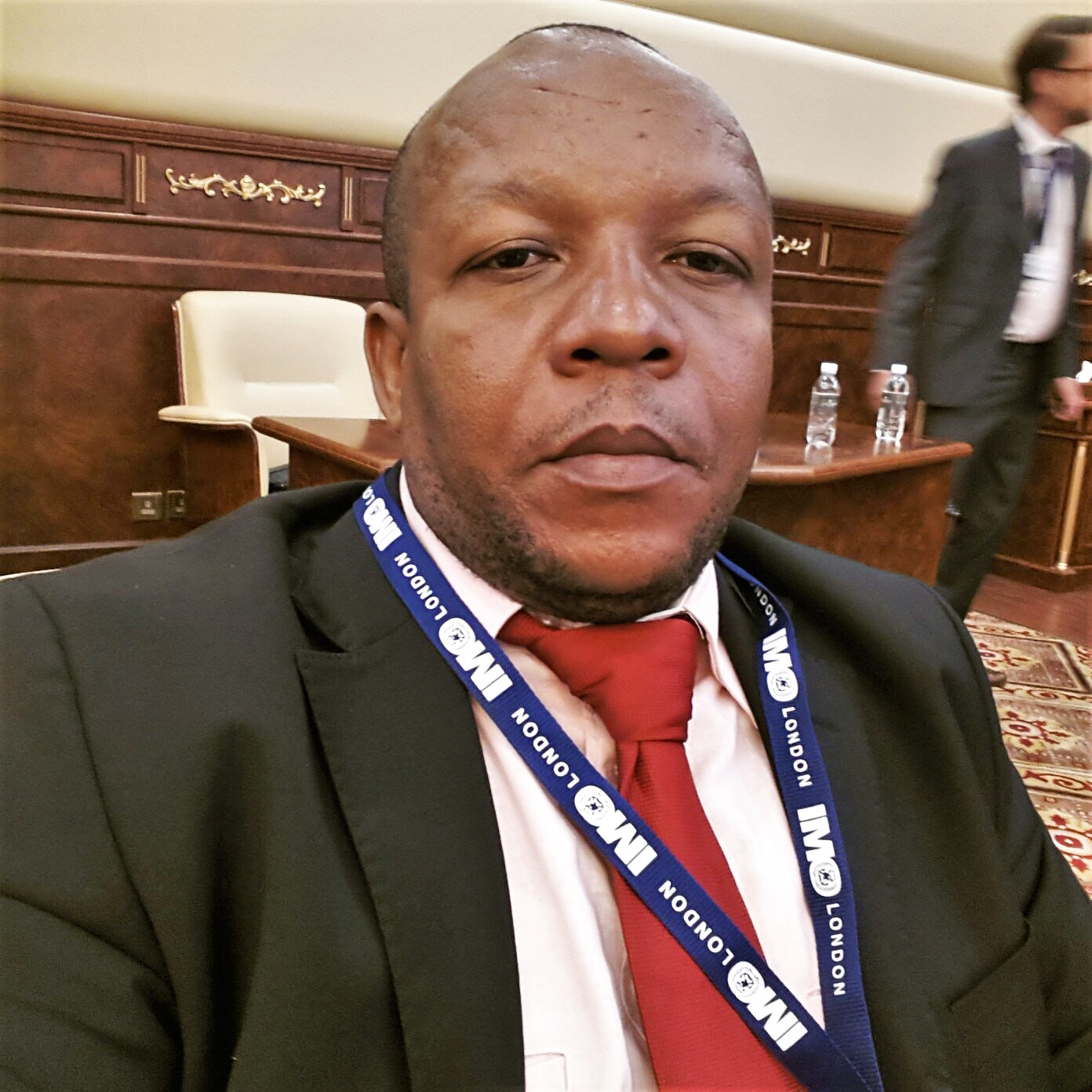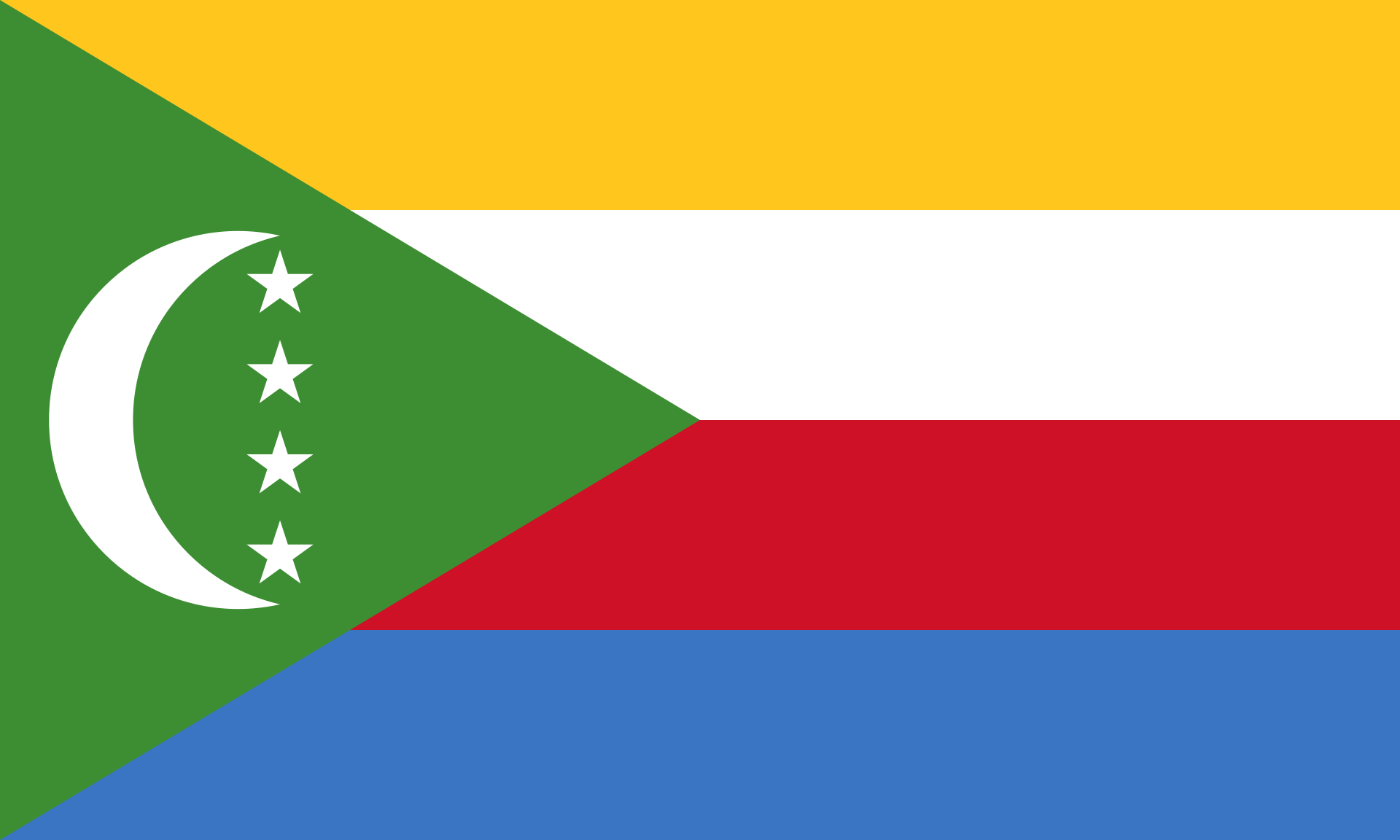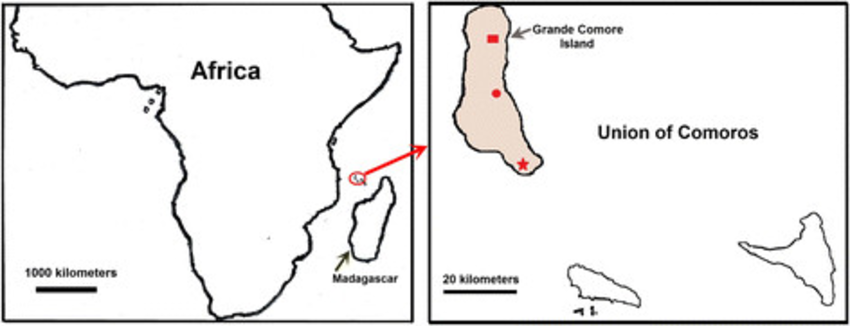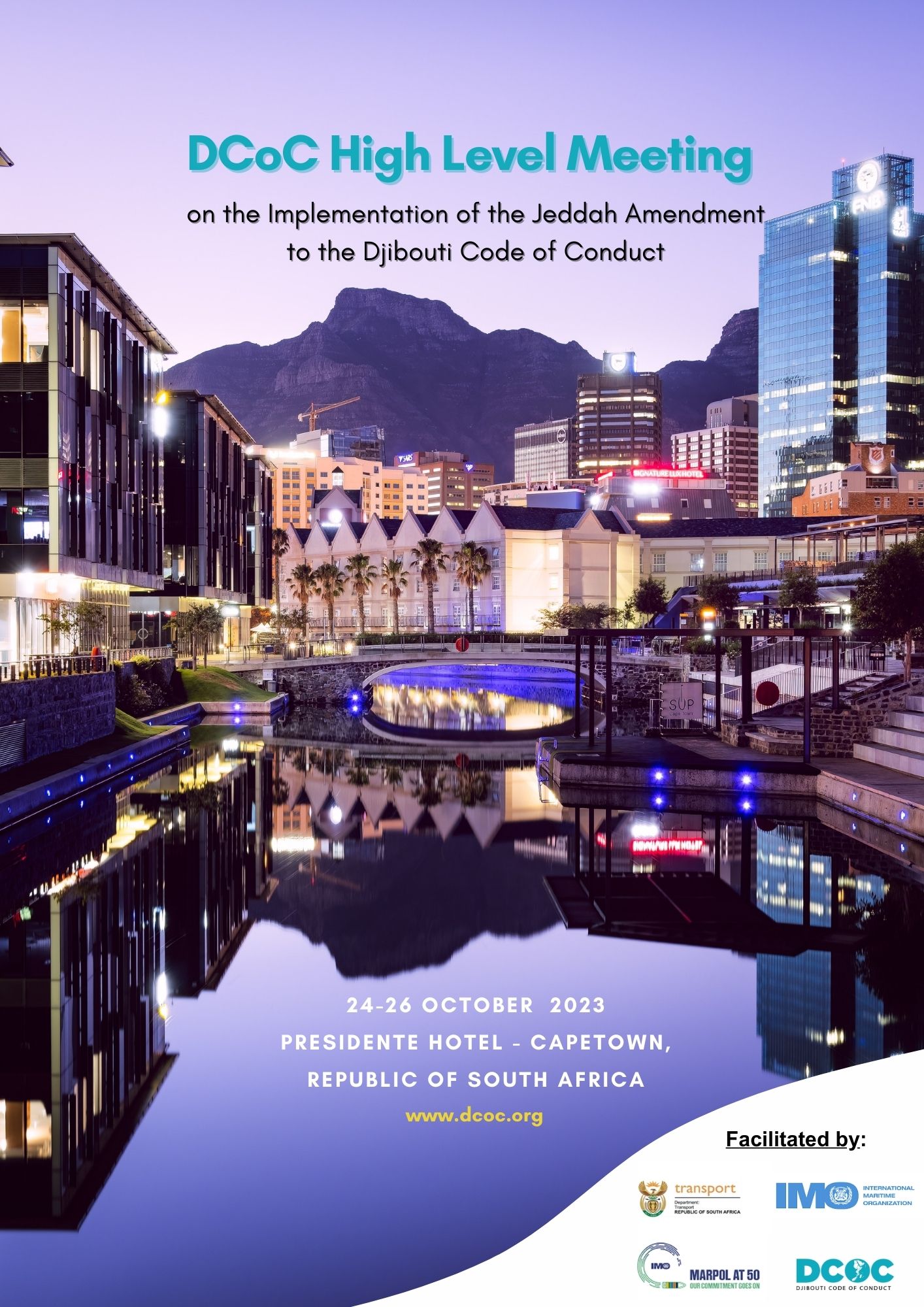Know your DCoC Focal Point: Comoros’ Anfifdine Ali Toihir
The DCoC Editorial team reached out to Mr. Anfifdine Ali Toihir from the Union of Comoros for a chat about his NFP role at the DCoC.
Representing the Union of Comoros in your position as the Head of the Maritime Transport and Seafarers department requires a high level of accountability and resilience, as threats to maritime security continue to evolve. How do you manage the demands of this position?
To manage the requirements of this position, I closely collaborate with the National Authorities involved in State action at sea which include the General Secretariat of the Government, the Ministry of Maritime and Air Transport, the Comorian Coast Guard, the Port Gendarmerie, the Comorian Society of Ports and the Immigration Police.

How did you end up representing the Union of Comoros in the Djibouti Code of Conduct and its Jeddah Amendment?
Mr. Said Salim is the Director General of the National Agency for Maritime Affairs. He is my direct supervisor. It was on the proposal of Mr. Said Salim, as Director General of the National Agency for Maritime Affairs that I was appointed NFP. As a result, we are working together and I report this regularly before informing the high Comorian authorities.
On top of that, it was he who introduced me to the business of maritime safety and security. I consult him at any time because in the Union of the Comoros, he is considered an Encyclopedia of Maritime Affairs.
You have actively represented the Union of Comoros to the Djibouti Code of Conduct and its Jeddah Amendment, under the lead of Mr. Said Salim (General Director of the National Agency of Maritime Affairs and official Comorian NFP). How has this changed your responsibilities?
This position puts a lot more pressure on me and means that I must regularly inform the National Authorities of any maritime event that is happening in the world so that we take the necessary measures to prevent and prepare to act when necessary.

How have the DCoC and more particularly the Jeddah amendment benefited the Union of the Comoros in the fight against threats to maritime security in your waters?
The DCoC and more particularly the Jeddah amendment were beneficial to us insofar as it allowed the agents of the Comorian Coast Guard to benefit from a lot of training and equipment in maritime security. It also enabled us to revise the Comorian Penal Code and criminal procedure in order to take into account the new provisions of the Jeddah Amendment.
On the onset of your work with the DCoC/JA, what were your expectations in the efforts to suppress piracy and other transnational organized crimes in the waters of your country, given that the Comoros is a privileged location for maritime trade and also a target for maritime security crimes?
My expectations in the efforts to suppress piracy and other transnational organized crimes in the waters of my country is to see the DCoC endowed with mobile material making it capable of conducting interventions that remedy the shortcomings of certain States, in particular the Union of the Comoros.
What have you accomplished as in your work especially since the Jeddah Amendment was signed in 2017?
I participated in the development of the new Penal Code and proposed taking into account the new threats to maritime security, as defined in the Jeddah Amendment of 2017. It is for this reason that acts of piracy, armed robbery against ships and other illicit maritime activities, including fishing crimes, in the western Indian Ocean and the Gulf of Aden are inserted in our new Penal Code. Because the Union of the Comoros considers that these acts present serious dangers for the safety and security of people and ships at sea, and for the protection of the marine environment.

How have the DCoC and more particularly the Jeddah amendment benefited the Union of the Comoros in the fight against threats to maritime security in your waters?
The DCoC and more particularly the Jeddah amendment were beneficial to us insofar as it allowed the agents of the Comorian Coast Guard to benefit from a lot of training and equipment in maritime security. It also enabled us to revise the Comorian Penal Code and criminal procedure in order to take into account the new provisions of the Jeddah Amendment.
On the onset of your work with the DCoC/JA, what were your expectations in the efforts to suppress piracy and other transnational organized crimes in the waters of your country, given that the Comoros is a privileged location for maritime trade and also a target for maritime security crimes?
My expectations in the efforts to suppress piracy and other transnational organized crimes in the waters of my country is to see the DCoC endowed with mobile material making it capable of conducting interventions that remedy the shortcomings of certain States, in particular the Union of the Comoros.
What have you accomplished as in your work especially since the Jeddah Amendment was signed in 2017?
I participated in the development of the new Penal Code and proposed taking into account the new threats to maritime security, as defined in the Jeddah Amendment of 2017. It is for this reason that acts of piracy, armed robbery against ships and other illicit maritime activities, including fishing crimes, in the western Indian Ocean and the Gulf of Aden are inserted in our new Penal Code. Because the Union of the Comoros considers that these acts present serious dangers for the safety and security of people and ships at sea, and for the protection of the marine environment.

